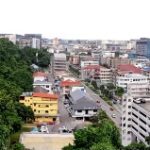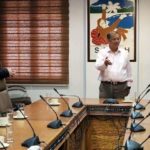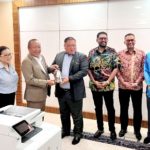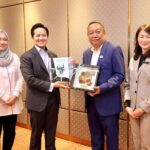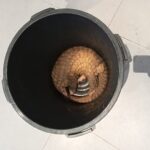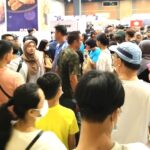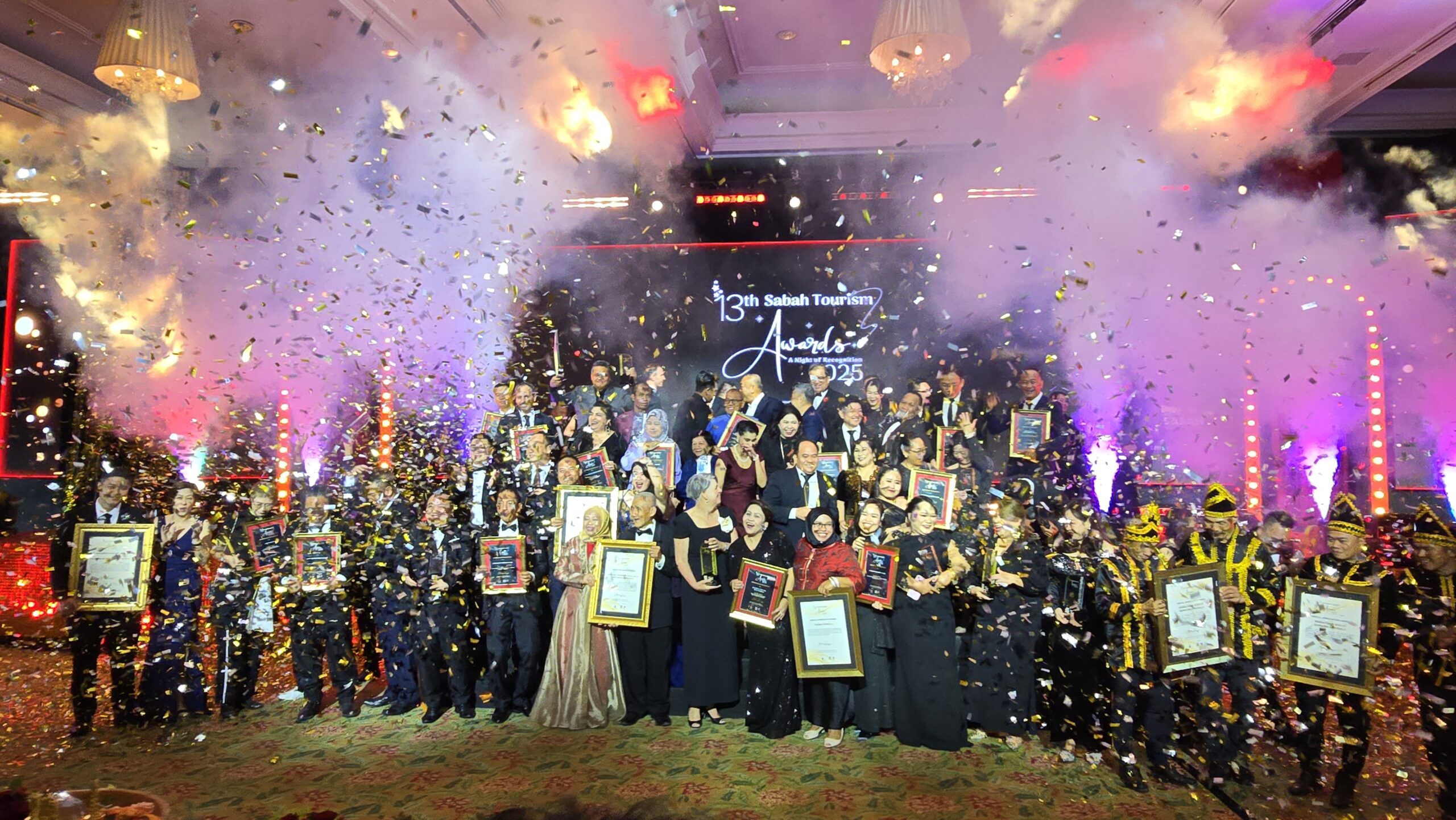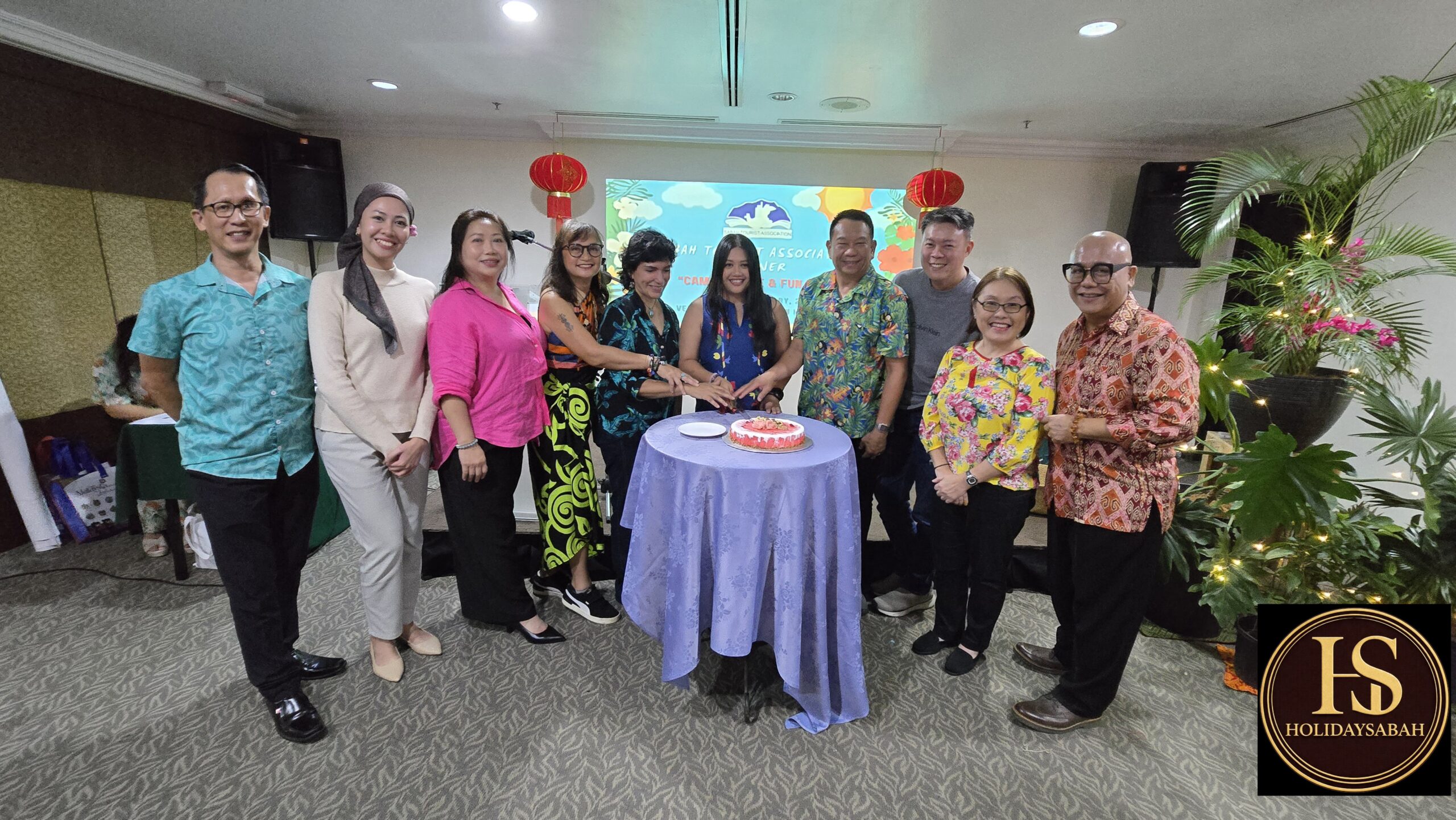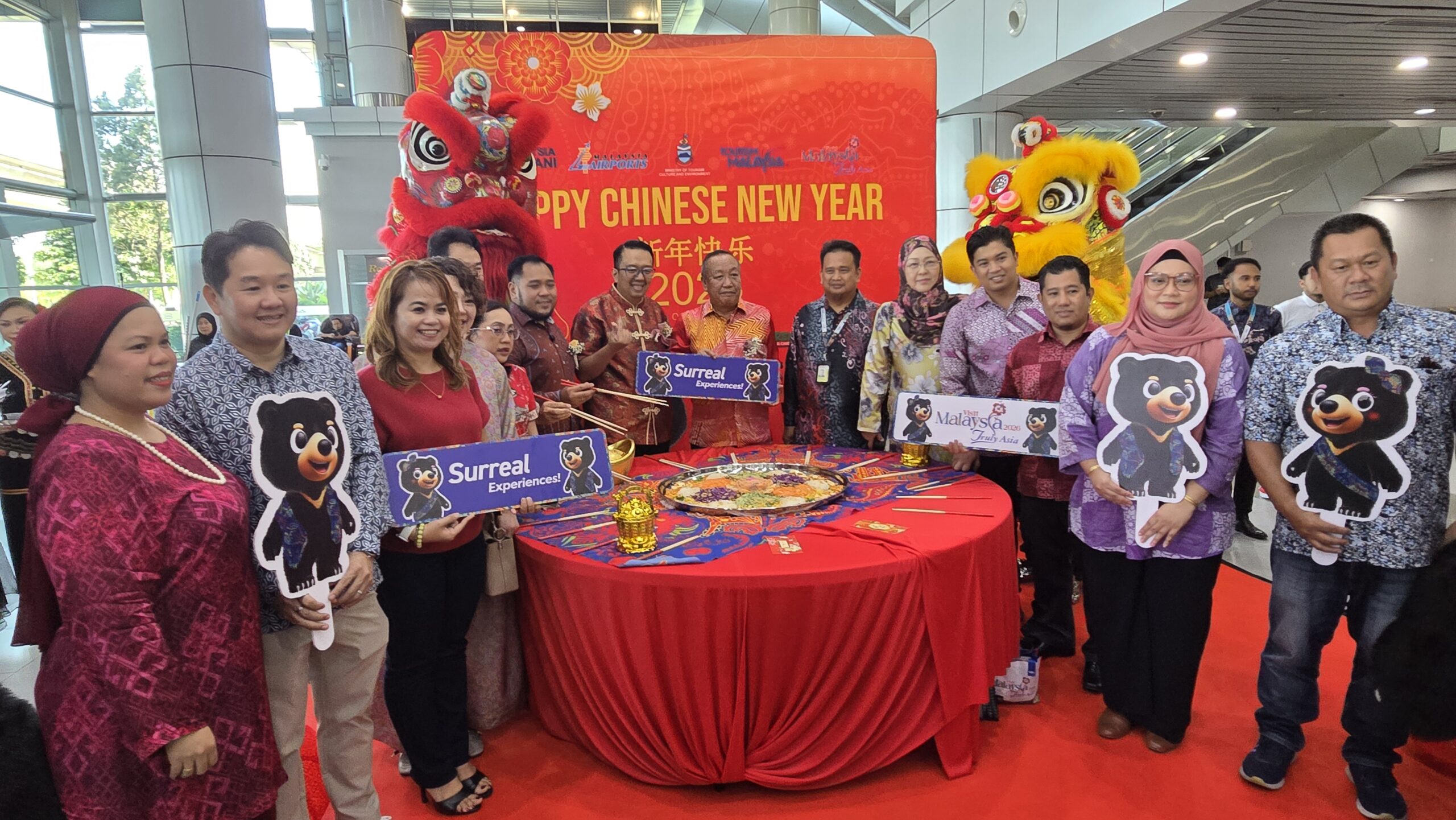PUTRAJAYA: The hotel industry in Sabah suffered hefty losses of RM11,550,605 million following the cancellations of 32,392 rooms for bookings from January 22 till March 16, 2020 after the outbreak of Covid-19.
The amount recorded by Sabah was the second highest after Kuala Lumpur which suffered losses amounting to RM23,021,301 million from the cancellations of 55,050 rooms, the Malaysian Association of Hotels (MAH) chief executive officer Yap Lip Seng said in a statement.
Overall, the hotel industry losses a total RM68,190, 364 million from the cancellations of 170,085 rooms nationwide.
Before that, the hotel industry has also complaint that they were not addressed specifically and was given only one day to get ready when the government imposed the movement control order effective from March 18 to 31.
However, yesterday the government has gazetted that hotels and accommodations has been included among the essential services under movement control order which before this they were not on the list.
Meanwhile, during a meeting in the Tourism Recovery Action Council (TRAC) with the Ministry of Tourism, Arts and Culture (MOTAC), Yap said MAH has sought for clarifications on hotel operations during this period, especially hotels with in-house and long-stay guests and as to what services are allowed for these guests.
According to MOTAC, pending approval from the Malaysian National Security Council, hotels are allowed to operate on limited services, that includes allowing in-house guests whom had checked-in (before 18 March 2020) to stay until its intended check-out date.
In-house guests however, are advised to remain in the room throughout the movement control period. Other services in the hotel on the other hand, are not allowed to operate except for food and beverages but only for room service.
No new check-ins are allowed from March 18 to 31 for all, including local Malaysians.
“The cancellation of bookings represents the current impact caused by the Covid-19 but we are more concerned with the loss of demand for the coming months. We foresee that the losses will double by end of the year,” Yap said.
MAH also presented a series of proposals for the second economic stimulus, partly to assist tourism rebound but more focused on easing cash flow of industry stakeholders.
Key proposals include reduction of employers’ contribution to EPF, increasing discount for electricity to 30 per cent, extending the discount for water, waiver of quit rent and assessment for tourism properties and also a monthly payroll subsidy for employees earning RM2,000 and below.
“We are also repeating our call for the minister to review the rate of tourism tax to RM1 from existing rate of RM10, which is within the power of the Minister (of Finance) under the Tourism Tax Act 2017,” Yap added.
The proposals are to address current burden faced by the industry, as well as to plan ahead mid and long term for tourism recovery.
Apart from requests presented to the government, MAH is also pursuing negotiations with local service providers and suppliers to hotels, to extend a fair discount to hotels for this period.
“We are in talks with key vendors such as Astro, for a reduction in fees and discount for the period up to December 2020. Hotels are currently paying them for empty rooms and services not utilised,” Yap said.-HS





